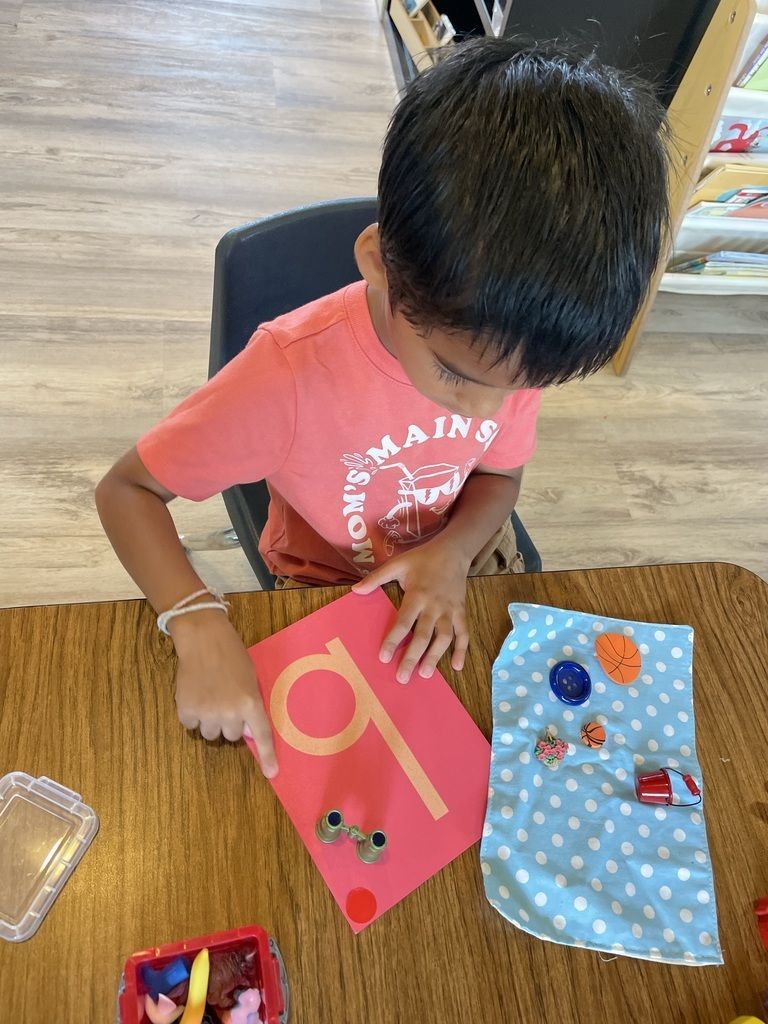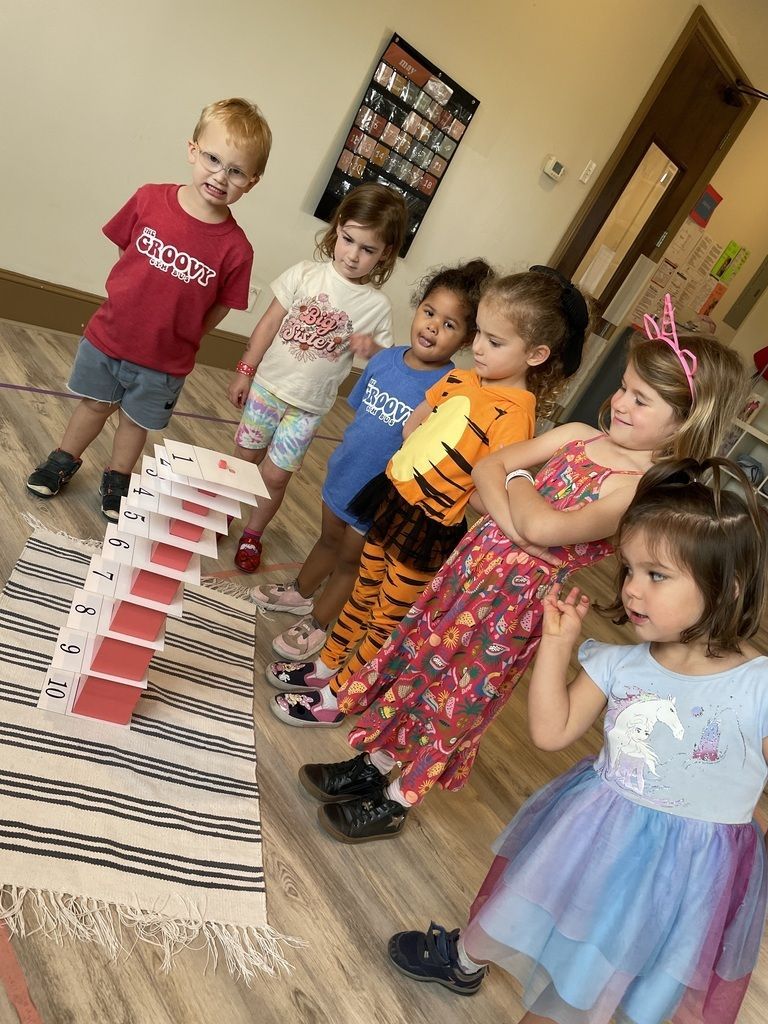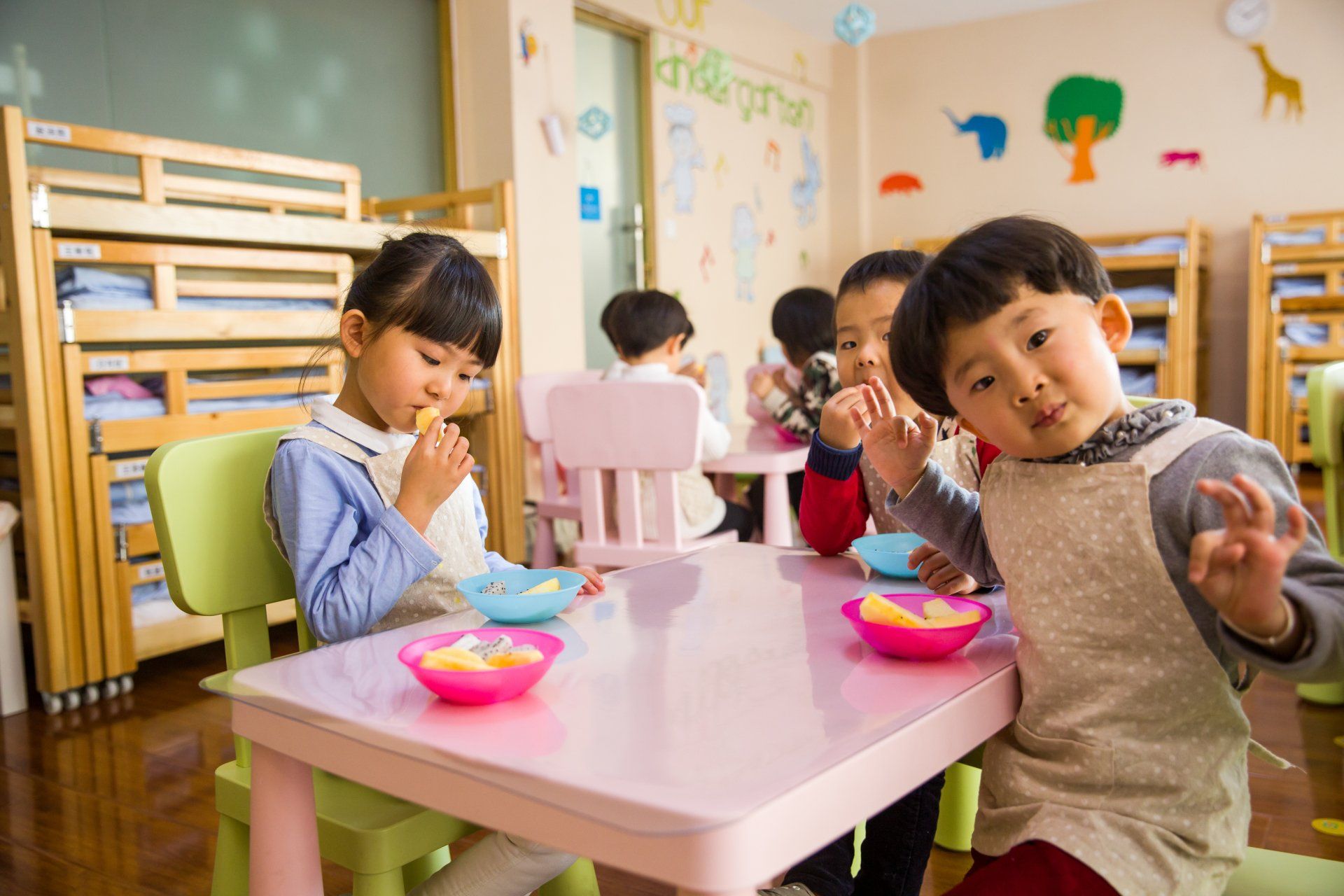Fostering Empathy: Montessori's Path to Cultivating Compassionate Individuals
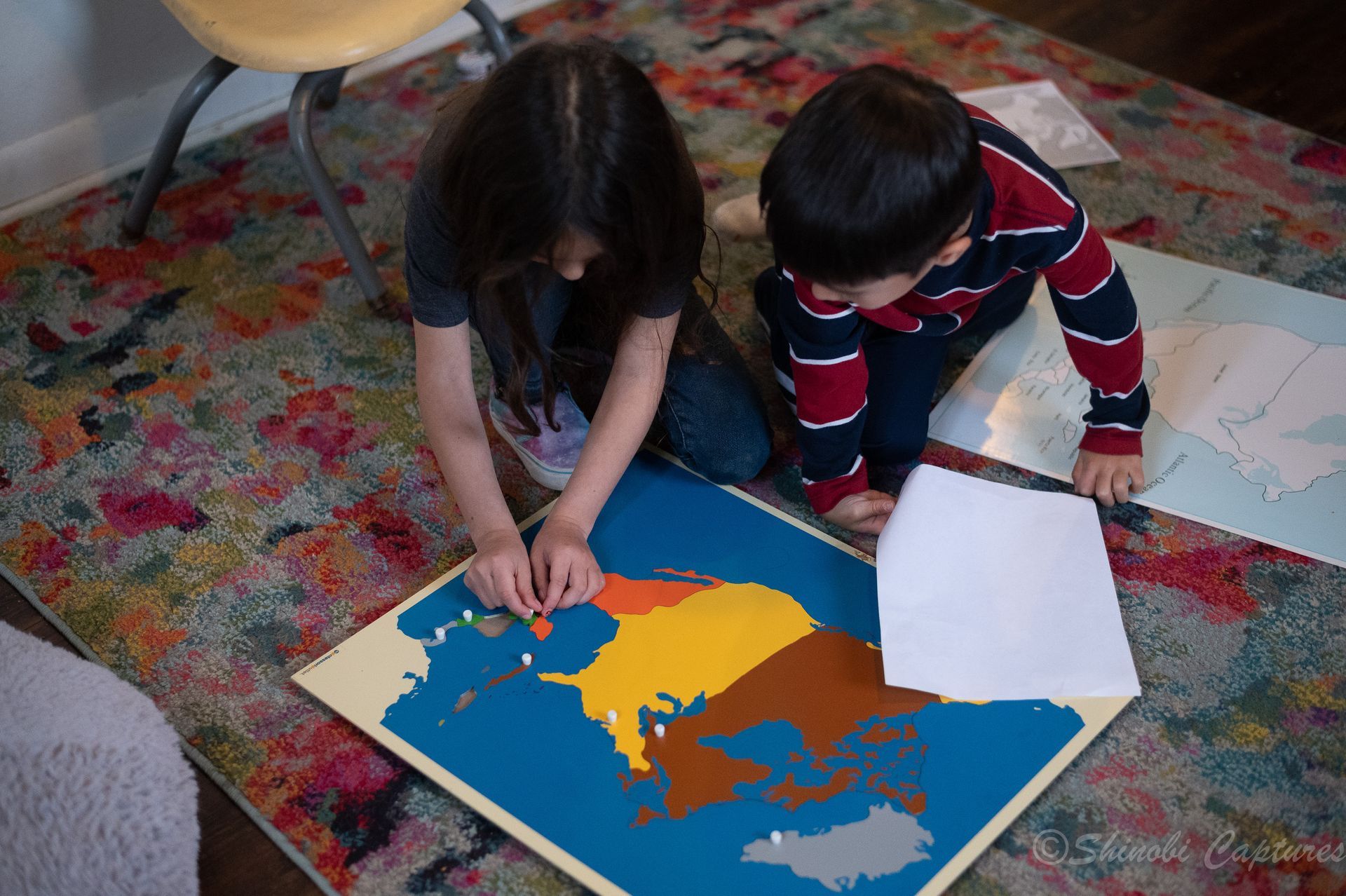
A Compassionate Future
In today's interconnected world, empathy and understanding are more important than ever. Developing these qualities in children from an early age not only promotes harmonious relationships but also fosters a sense of global citizenship. While traditional school approaches may focus primarily on academic achievements, Montessori education offers a unique environment that nurtures empathy, encourages appreciation for diverse perspectives, and equips children with essential skills for a compassionate future.
How Montessori Nurtures Empathy
Montessori schools foster empathy by providing children with opportunities to interact with others from diverse backgrounds. Children are exposed to different cultures, religions, and socioeconomic backgrounds, allowing them to gain a better understanding of the world and to appreciate the unique perspectives of others.
Moreover, Montessori schools teach the importance of helping others through role-playing activities. Children learn how to empathize with others and develop compassion by pretending to be someone who is feeling sad, angry, or scared. This helps them understand how others feel and how to respond in a supportive and helpful way.
Montessori schools also encourage children to appreciate and respect different perspectives by exposing them to diverse cultures and religions. Teachers use stories, songs, and cultural artifacts to help children learn about different cultures. This exposure helps children develop a better understanding of the world and appreciate the unique perspectives of others.
How Traditional School Standard Approach May Hinder This Development
The traditional approach to education can impede the growth of empathy and respect for diverse viewpoints in several ways. One such way is the emphasis on competition and grades, which can make children believe that they must outdo their peers to succeed. This kind of environment can prevent children from developing empathy for others as their focus may be more on winning than on assisting others.
In addition, traditional schools often rely on rote learning and memorization, making it less interesting for children to learn and hindering their ability to comprehend the world around them. This lack of understanding can make it difficult for children to value and acknowledge different perspectives.
Furthermore, traditional schools frequently employ rewards and punishments to motivate students. This approach can instill in children a tendency to concentrate on external motivators, like achieving high grades or avoiding poor ones, instead of internal motivators, such as wanting to assist others or doing the right thing.
Why It's Important That Children Receive This Encouragement
Developing empathy and respect is crucial for children. When children learn to be empathetic and respectful, they increase their chances of building positive relationships with their peers and adults. These skills are also essential for success in both school and life.
Empathy is important because it enables children to understand and appreciate the feelings of others. This understanding is fundamental in building strong relationships with peers and adults.
Respect is also crucial because it teaches children to value the opinions and feelings of others. By doing so, children can learn to resolve conflicts peacefully and work together effectively.
Finally, empathy and respect are important for children's emotional well-being. Children who possess these skills are more likely to feel happy and content while being less prone to anxiety, depression, and other mental health problems.
Montessori education has proven to be a highly effective means of fostering empathy and imparting valuable lessons on appreciating and respecting diverse perspectives. By establishing a nurturing atmosphere that prioritizes collaboration, multicultural understanding, and empathy, Montessori instills in children vital skills for creating a harmonious and compassionate society. It is incumbent upon us as parents and educators to prioritize empathy development just as highly as academic success, in order to build a brighter future based on comprehension, kindness, and respect.
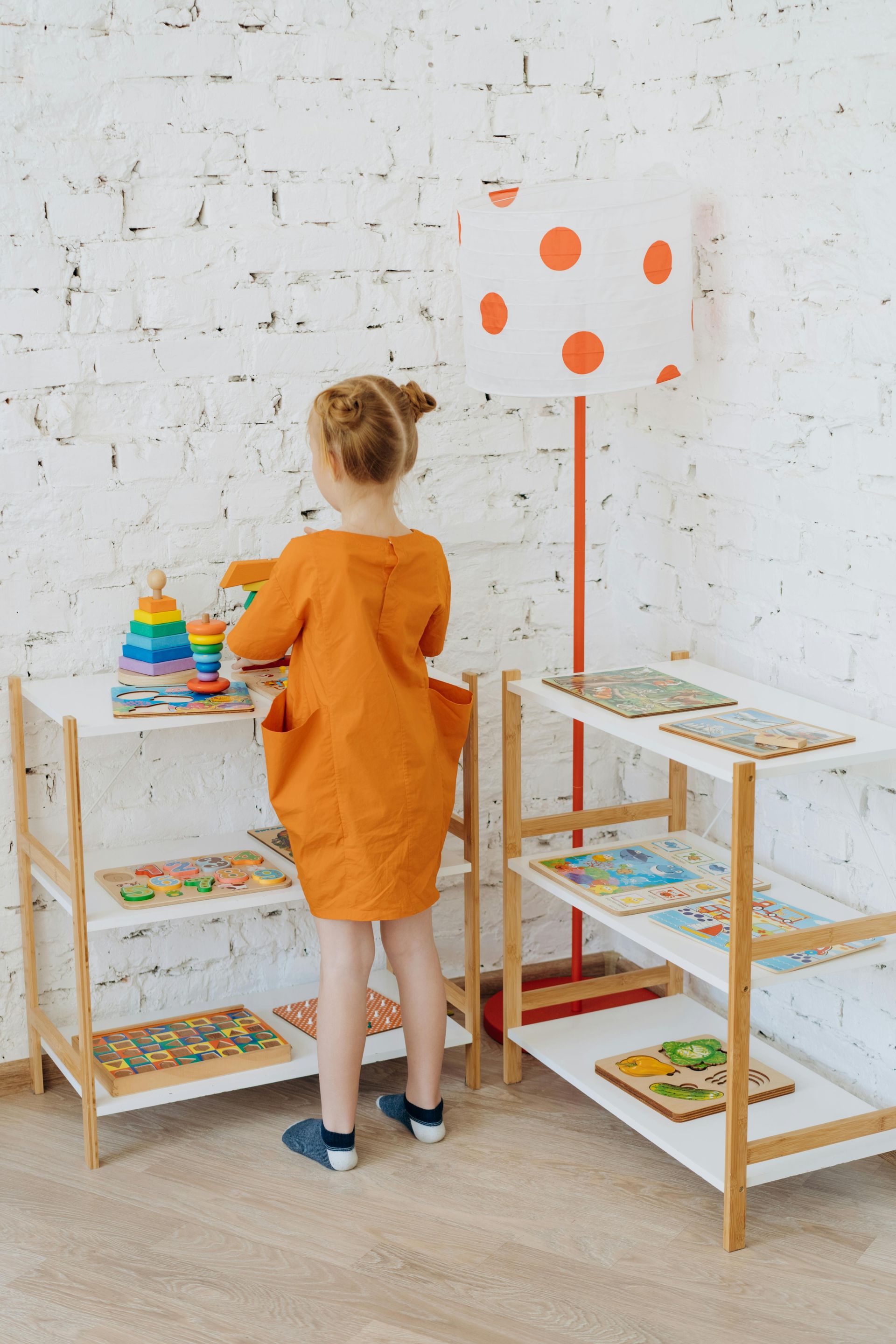

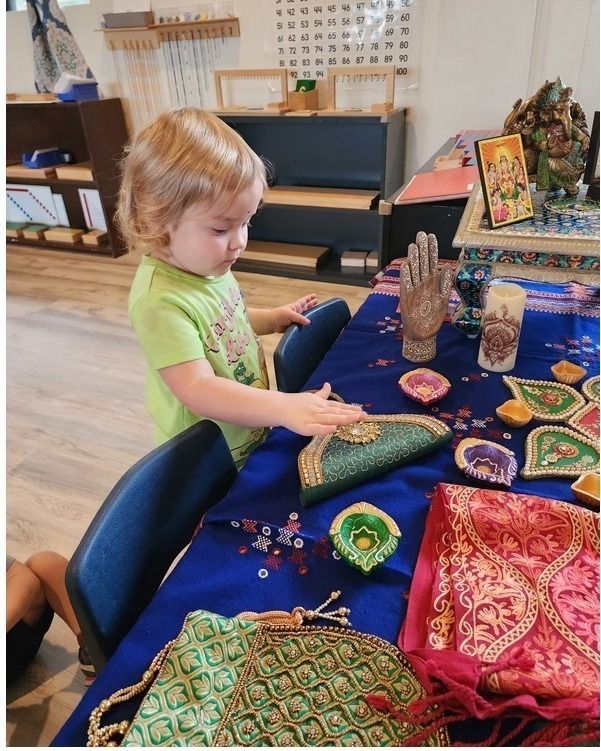
The Importance of Global Citizenship in Montessori Education: Introducing Kids to Different Cultures
